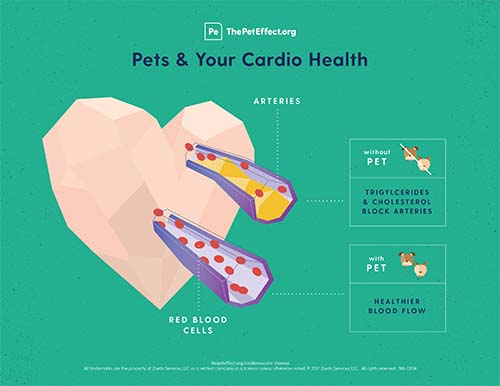Human Animal Bond Research Initiative Awards Grant to Yale University
Washington, D.C. (July 22, 2015) — The Human Animal Bond Research Initiative (HABRI) announced today it has awarded a $26,000 grant to Yale University for a new study, Interactions with Animals to Reduce Children’s Stress. The study will examine the effects of interactions with dogs on children dealing with stress and anxiety.
“I am keenly interested in improving the quality of life among those who are experiencing stress, strains, and challenges of everyday functioning,” said the study’s primary researcher, Dr. Alan Kazdin, professor of Psychology and Child Psychiatry at Yale University, Ph.D, ABPP. “I am hoping to identify ways in which animal-child interaction can reduce stress and, furthermore, wish to understand precisely how that works, how the interaction can be optimized, and how it might translate to what’s being done in animal-assisted interventions and also in everyday life.”
The two-year laboratory-based experiment on behalf of Yale University’s Department of Psychology will examine 73 children between the ages of 8 and 13 and randomly assign them support from a dog, support from an object, or no support. Researchers will then employ a series of tests and compare the stress levels in each group.
“HABRI is committed to improving child health and development through the power of the human-animal bond,” said HABRI Executive Director Steve Feldman. “This study has the potential to provide necessary evidence on the specific benefits of human-animal interaction to children’s mental health.”
About HABRI
The HABRI Foundation maintains the world’s largest online library of human-animal bond research and information; to date has funded more than half a million dollars in innovative research projects to scientifically document the health benefits of companion animals; and informs the public about human-animal bond research and the beneficial role of companion animals in society. For more information about the HABRI Foundation, visit http://www.habri.org.
About the Department of Clinical Psychology at Yale University
The Department of Clinical Psychology at Yale University studies a wide range of populations (non-human primates, infants, children of all ages, adults) to investigate the ontogenetic and phylogenetic origins and development of cognitive and social processes. The areas of study are diverse, including conceptual development, social cognition, judgment and decision-making, moral cognition, causal understanding, categorization, and prosocial behavior. http://psychology.yale.edu/
Contact
Tierra Bonaldi
tierra@theimpetusagency.com
775.322.4022
###





